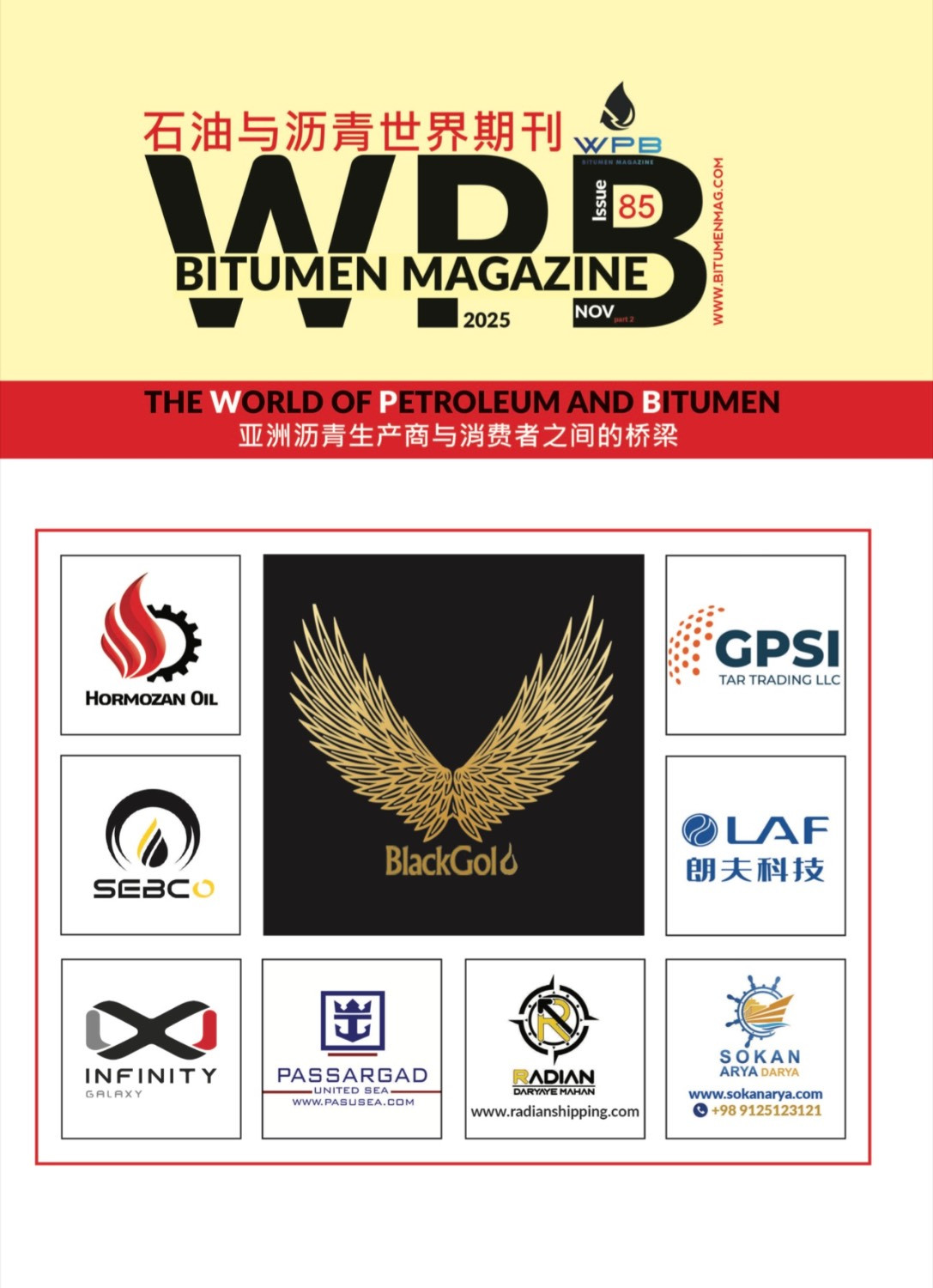WPB: Despite the push for renewable energy, demand for petroleum remains high, highlighting its continued importance in the global energy mix.
This month, Saudi Arabia’s Energy Minister stated that petroleum is no longer an energy security challenge, but rather gas, electricity, and primarily critical minerals are. On the one hand, this statement might seem like the death knell for crude oil. On the other, it acknowledges that the world has become even more dependent on hydrocarbons than before.
The reality that the world relies on petroleum became evident recently when petroleum prices surged following news of extensive U.S. sanctions against Russia’s energy sector, particularly its petroleumand gas exports. If petroleum demand had truly weakened due to the rise of electric vehicles in China and Europe, these sanctions would have had little effect on prices. But that was not the case.
Moreover, discussions about supply shortages in the petroleummarket have emerged, whereas just a month ago, the conversation was about an oversupply.
John Kemp, a petroleum analyst, warned last week that U.S. petroleum inventories have been declining faster than usual since mid-2024, reaching their lowest levels since 2015.
Meanwhile, petroleum stockpiles in OECD countries are also decreasing. Global inventories, in general, have been falling faster than the International Energy Agency (IEA) had projected in its monthly reports. Yet, instead of acknowledging its forecasting errors, the IEA continues to predict an oversupply for this year.
The world still relies on crude oil. However, over the past decade or so, large parts of the world have also increasingly turned to natural gas. A prime example is Europe, where gas supply challenges have intensified amid efforts by EU governments to reduce dependence on Russian gas.
Last year, EU leaders insisted that member states cut gas imports from Russia. Nevertheless, European countries continued purchasing Russian liquefied natural gas (LNG). This trend has persisted this year despite the new EU foreign policy chief, Kaja Kallas, advocating for sanctions on Russian gas.
Earlier this month, Politico, citing data from Kpler, reported that the EU bought over 800,000 tons of Russian LNG in the first two weeks of January.
At the same time, Europe's gas reserves have been shrinking, reaching alarmingly low levels due to strong demand. Such demand is typical in winter and further proves that while critical minerals are increasingly important today compared to 20 years ago, they still do not match the significance of petroleum and gas.
Critical minerals are so named because of their essential role in the energy transition. Wind and solar power installations, as well as electric vehicles, require specific amounts of these minerals. Incidentally, Saudi Arabia has some reserves of these critical minerals and may develop them further. However, Saudi Energy Minister Prince Abdulaziz bin Salman has spoken cautiously about this issue. According to CNBC’s report last week, he noted that some countries today control 50% of the world’s critical mineral and rare metal reserves. Nations are striving to secure access to these materials and build their supply chains. The rush to secure these resources ultimately leads to higher emissions, increased metal costs, and rising energy prices.
This is because extracting all these critical minerals required for the energy transition still depends on hydrocarbon energy. Mining operations rely on petroleum and gas. The more extraction and refining needed, the more hydrocarbon energy is consumed, leading to greater emissions. It is a vicious cycle with no clear way out. No matter how many wind turbines these extracted minerals help build, when the wind stops blowing, the world turns back to petroleum and gas. Meanwhile, artificial intelligence and data centers are also consuming more energy.
According to OilPrice, some may still claim that petroleum is no longer vital for energy security and that gas has taken its place.
However, with petroleum demand continuing to grow this year, it seems gas has joined petroleum as an indispensable commodity.
By Bitumenmag
Energy, Bitumen, Petroleum, Gas



















